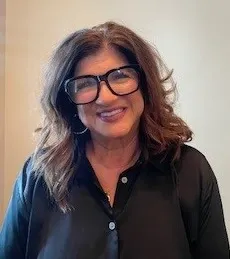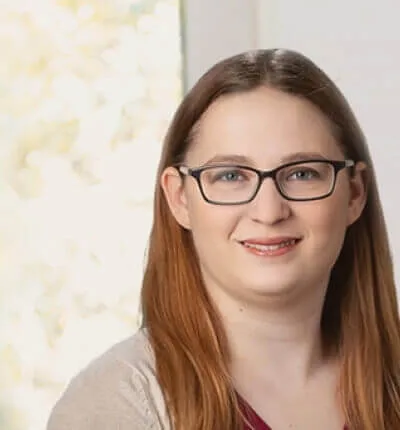What Does It Mean To Be A Nurse?
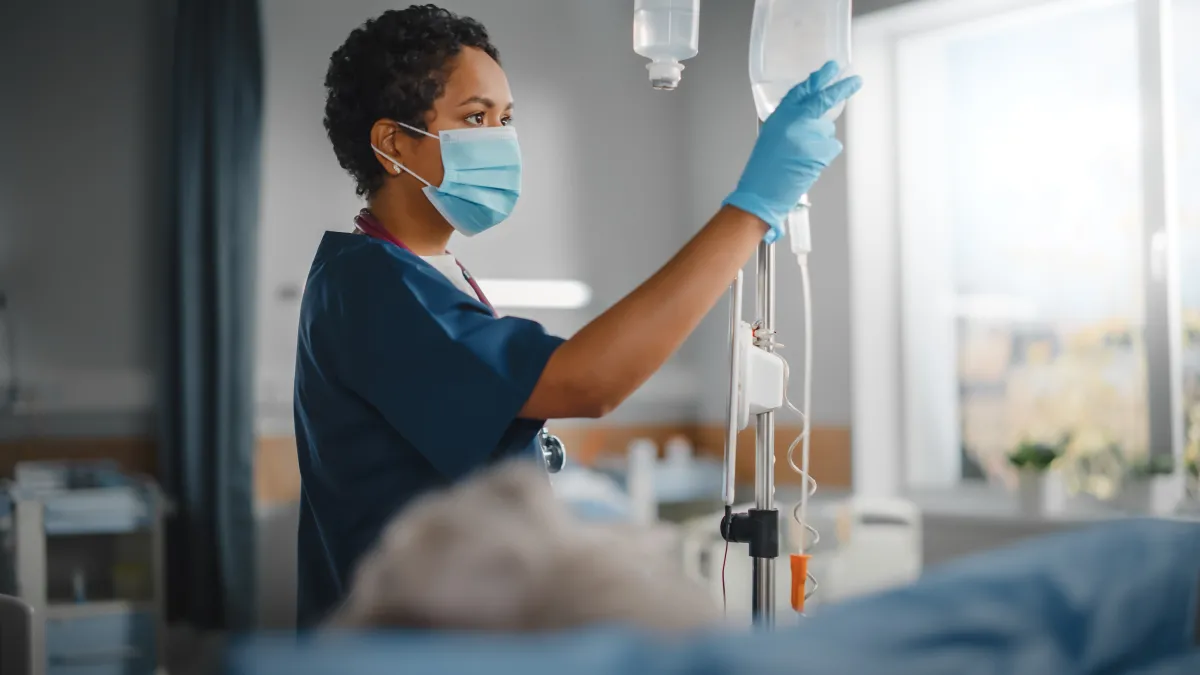
“So, what does nursing mean to you?” Ask any nurse the question, and you’ll get a different answer. They may have been initially drawn to the profession out of a desire for stability, leadership opportunities, a nontraditional work schedule or many of the other benefits of a nursing career. Every nurse’s particular story will come with a different set of reasons or “whys” that got them started in the profession.
But as wide and diverse as the nursing profession is, most nurses have something crucial in common. They care deeply about serving others.
When it comes down to it, nearly every career nurse will tell you that they are inspired by the potential within their profession to help other people. If you want your work to mean something, nursing offers something quite unique.
National Nurses Week, which takes place each May, is a celebration of the selfless contributions and outstanding achievements of nursing professionals in our communities. To commemorate this week, we asked several nurses in the field to tell us why they wanted to become nurses, and what nursing means to them. These nursing week quotes and case studies provide insight into what keeps nurses going and what type of person is best suited to the nursing profession.

Is nursing challenging?
Like any career, nursing can be challenging. But for dedicated nurses who think of nursing as their calling, even the hard days come with a sense of achievement.
For one thing, nursing isn’t a career where your education only takes place within a formal school setting. Nurses are constantly taking in information, often making quick decisions about caregiving based on a new technology or an updated standard of care.
While some might find this prospect exhausting, many nurses say they love the intellectual stimulation this provides.
Natalie Mendez, RN, BSN, is one of them, saying, “I love nursing because I am always learning something new.”
Nurses don't just care for a person’s physical symptoms, either. A devoted nurse will know how to engage a person’s emotional well-being, thinking about the whole person rather than just the health condition they are trying to treat.
“Nursing to me means selfless and holistic care,” Mendez explains.
“It’s taking care of the medical symptoms patients are presenting with, while also caring for their mental and emotional health.”

Natalie Mendez BSN, RN
Let’s not forget, too, that most people who need a nurse are experiencing discomfort, which can make them difficult to deal with or even obstinate at times. Since health is deeply personal, even nurses who work in outpatient settings like primary care provider offices will often witness patients at their most embarrassed, frustrated or confused.
But for Olivia Fairclough, BSN, RN, this is part of what draws her to nursing.
“The most rewarding and amazing thing about being a nurse is being able to make an impact on someone’s life while they are likely at their weakest; to be there for someone that is struggling and help give them strength to keep going,” Fairclough says.
“Watching someone that you helped through an illness recover and go home makes you feel like you have made a difference in their world.”
Olivia Fairclough BSN, Operating Room RN
But going home is not the outcome for every patient. One of the most difficult things some nurses deal with is losing patients to an illness. While most people try to avoid thinking about death as much as possible, nurses don’t typically have that option.
For cases where a person doesn’t recover, Fairclough says, she values the responsibility of “being able to be present with someone who is at the end of their life and be that hand to hold.”
Heather Hall, RN, works as a school nurse. She notes that the challenges of nursing are just part of a job that she happens to love.
“The reasons I love being a nurse more than outweigh the challenges in nursing. Every day that I go to work, I feel like I have won the lottery,”

Heather Hall BSN, RN, School Nurse
Who should become a nurse?
It takes a very special individual to be able to witness sickness and suffering and recognize that there is a whole and hurting person underneath that pain. More remarkable, still, is when a nurse has the ability to be a consistently outstanding caregiver. Encountering a nurse like that can be the difference between a positive and negative medical outcome.
Florence Nightingale, the founder of modern nursing, is reported to have said that the best nurses have these essential qualifications before they go to school. This inspirational nursing quote is a good reminder that some of the most important qualities of nursing — empathy, compassion and resourcefulness — are difficult to teach.
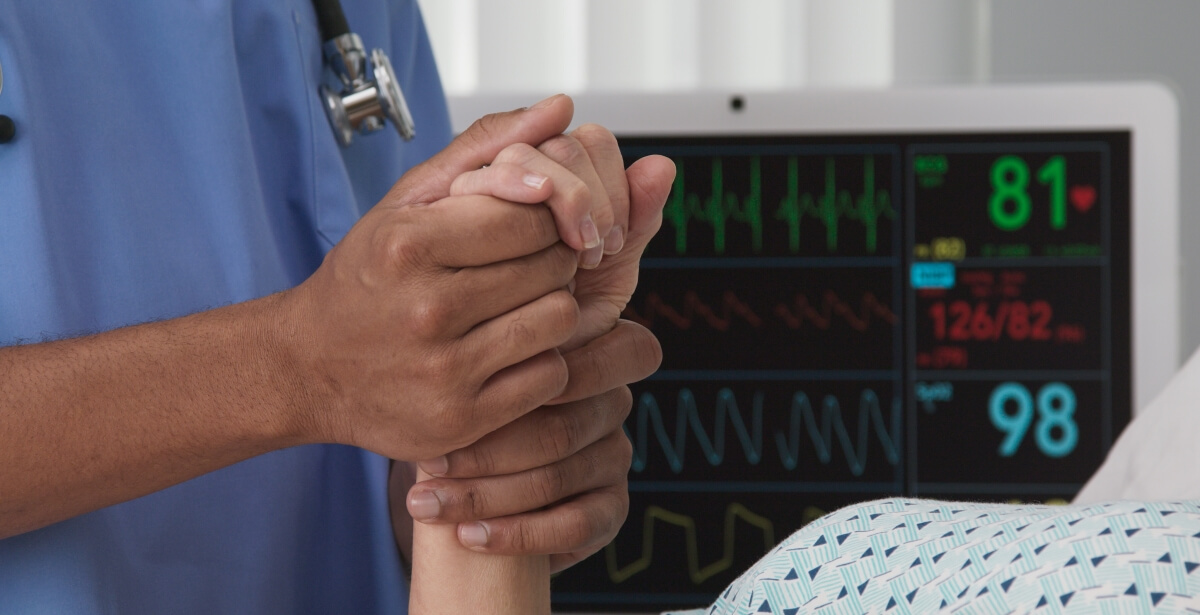
While nursing attracts a wide range of personalities, most have at least one thing in common: They care deeply about people, and they want to meet their needs. When asked what nursing means to them, licensed nurses and students will most often point to how fulfilled they are when they care for others.
Hall’s enjoyment of being a nurse demonstrates how well-suited she is for the profession.
“I love caring for others, and I love helping others to feel better. My love for people, my passion for wanting to help others overcome obstacles in their life and my amazement of the human body are the things that motivated me to want to become a nurse and pursue the path of becoming a nurse with all my heart and all my mind,” says Hall.
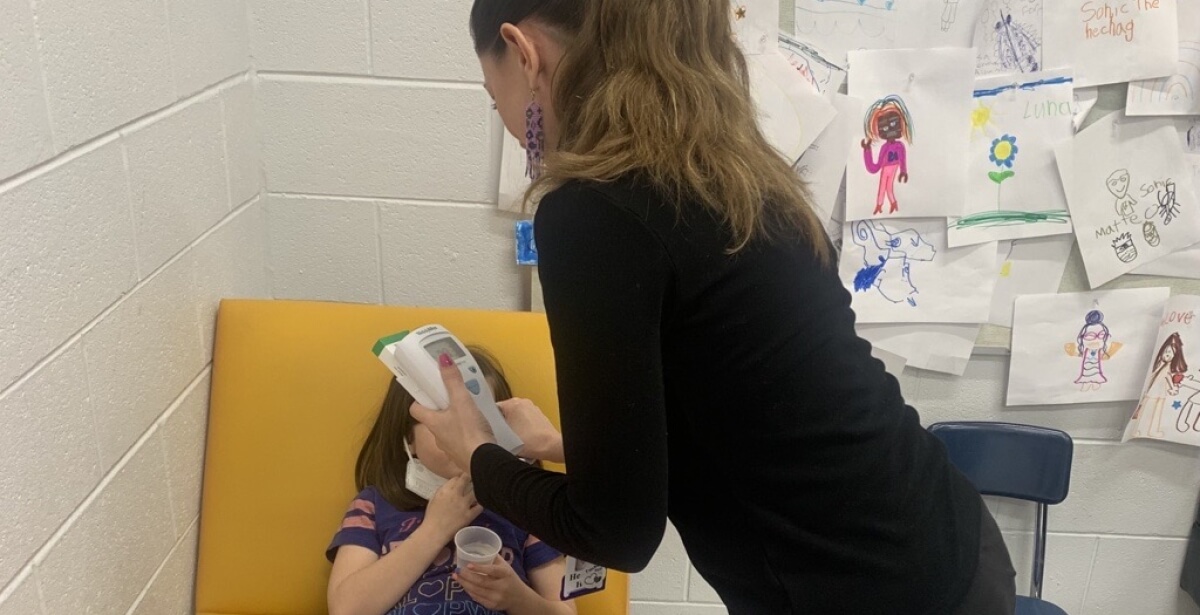
What’s so different about nursing?
The community of nurses is vast, with over 4.7 million practicing nurses in the United States and growing. Nurses also make up a large share of the health care workforce, outnumbering physicians nearly four to one.The nursing field isn’t as diverse as the population that they care for, but that’s changing as many nursing organizations recognize the need to diversify the profession.
Hospitals employ about two-thirds of RNs, but the rest of the workforce is spread across a wide variety of settings, from elementary schools to nursing homes. The median pay for a nurse in 2023 was $86,070, according to the US Bureau of Labor Statistics. In terms of large professions, nursing is one of the most well-paid.
It’s also one of the most stable in terms of job availability — the federal government estimates that over 203,000 new positions for RNs will open every year for the next ten years. As the American population begins to skew older, there is increasing demand for nurses with advanced degrees. As of 2020, more than 65% of nurses entering the workforce held a Bachelor of Science in Nursing (BSN) degree or higher.
These facts by themselves make a strong case for becoming a nurse. But the more concrete benefits, like take-home pay and job stability, don’t tell the whole story of what it means to become a nurse.
what are more benefits to becoming a nurse?
When you’re licensed to practice nursing, you become part of the public health ecosystem; an interconnected web of caregivers and frontline workers. It’s a community with millions of members, but it is also a tight-knit group.
Nurses share a mutual understanding. They encourage one another, cry with one another, vent to one another and swap stories. They have a strong sense of humor and share a feeling of duty and responsibility to their patients.
And once you’re in the profession, there are more ways than ever to connect with your fellow nurses, in person and online. TikTok communities, Reddit forums, Facebook groups and hashtags on Instagram are just a few of the ways that nurses meet and form real friendships. Some of the most important professional relationships a nurse has may start during nursing school, in person or online.
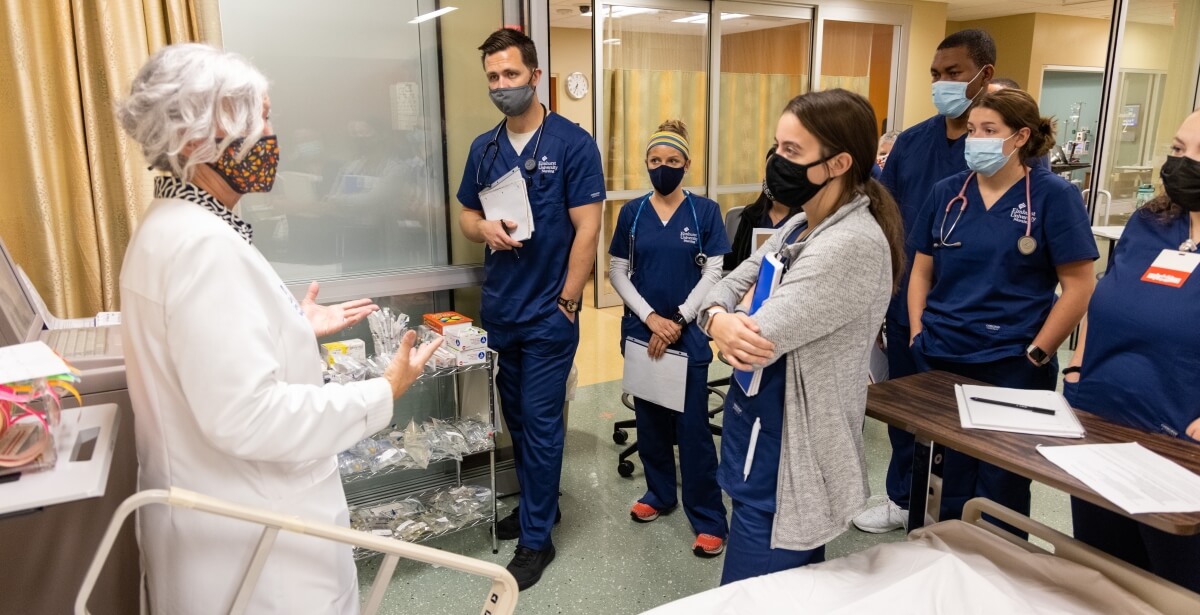
How do nursing students stay motivated?
Current nursing student Dennis Arreaza says, “I chose nursing because I enjoy helping people. I think that’s my purpose in life, to serve others.”
He’s far from the only one who feels this way. Similar to nursing itself, nursing school takes commitment and focus to stay on track. For many students, a strong desire to serve others through their work shapes their scholastic efforts.
Elysa Katz, an online Accelerated Bachelor of Science in Nursing (ABSN) student at Elmhurst, is motivated by the variety of career possibilities that nursing offers.
“Having so many avenues and outlets of nursing is what excites me most. You can be a school nurse, you can work in the OR or the ER. You can change throughout your career without getting stuck or pigeon-holed into one thing,” she says.
Of course, having a lot of directions to choose from is not the only thing that motivates Katz.
She cites “being able to help people and be there for them in their worst times” as something she thinks about often, saying, “Usually when you interact with a nurse, you're either sick or injured or the loved one of someone who's sick or injured. So [I am looking forward to] just being able to make that process even a little bit easier while also helping care for the patient.”
David Schultz is a military veteran who is currently pursuing an online ABSN through Elmhurst. When asked what nursing means to him, he’s quick to point to the opportunities it offers to serve other people.
“What excites me the most about nursing is just being able to care for the individual...In health care, they're listed as a patient, but they're still a person. I look forward to being able to help people in the communities that I'm going to be serving.”
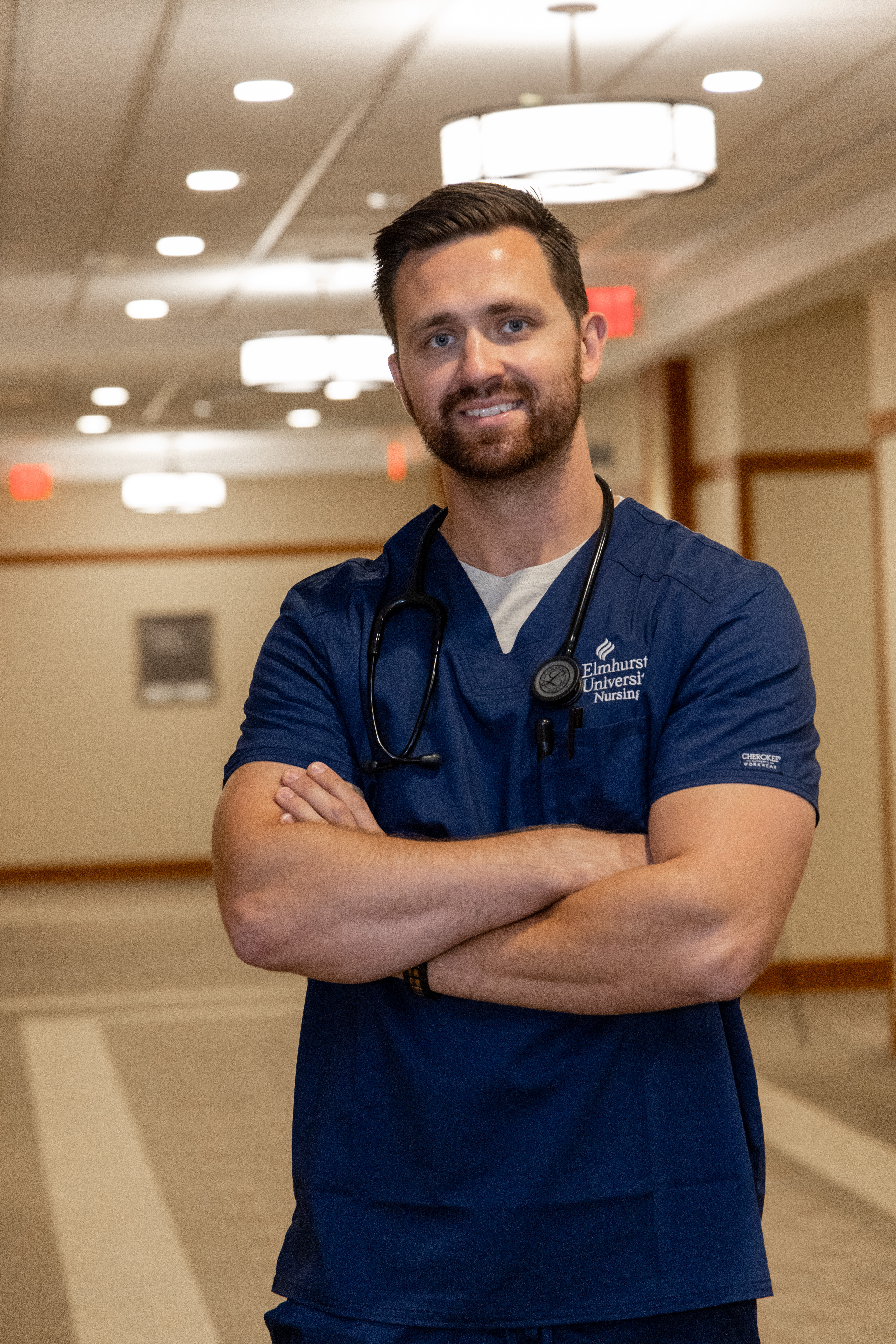
David Schultz, ABSN Student
And for Danielle Corliss, an online MENP student, the nursing profession is a way of carrying on her family legacy.
“My mom is a mother-lactation nurse and lactation consultant. I’ve grown up watching her, and she absolutely loves her job. It motivated me to follow the same path,” Corliss says.
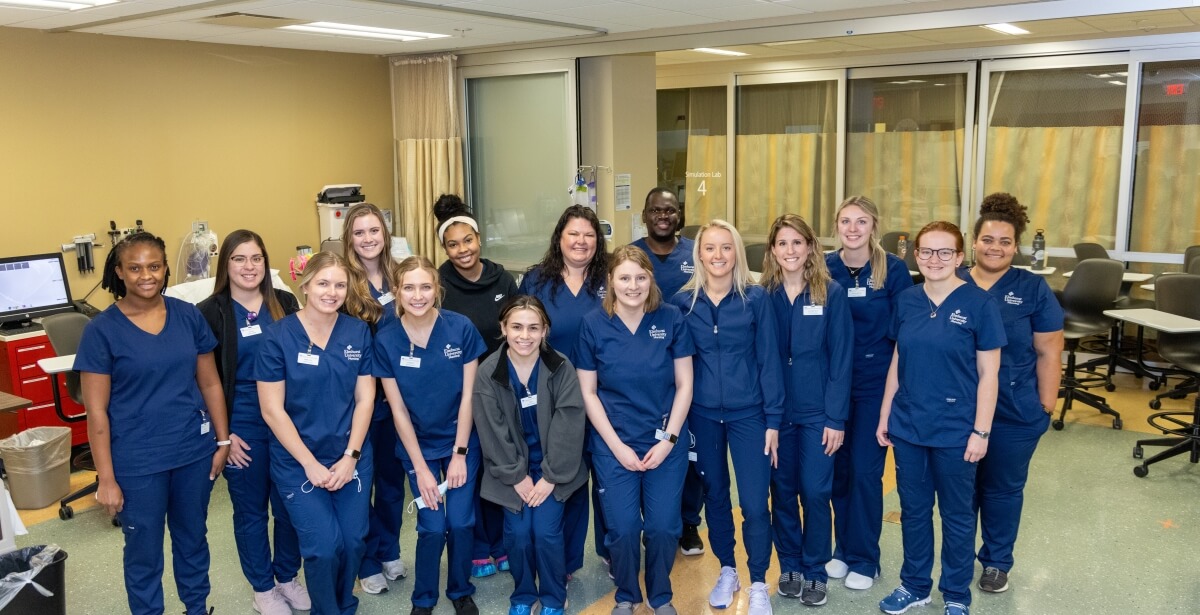
How do you become a nurse?
At Elmhurst University, students engage with a rigorous curriculum that requires discipline and motivation. Elmhurst provides a rich community of support and camaraderie, instruction from caring faculty and rewarding clinical experiences in the field.
There are multiple educational pathways to enter the field of nursing. Many highly-motivated nursing candidates choose an accelerated online program as a way to save time and get into the field quickly.
If you’re serious and aspire to start working as a registered nurse as soon as possible, and you already have a bachelor’s degree, you may want to consider the online Accelerated Bachelor of Science in Nursing program (ABSN) at Elmhurst University. This fully accredited program gives you credit for educational and work experience that you already have, allowing you to complete your BSN within 16 months, and be prepared to sit for the NCLEX-RN exam. Before your clinical rotations, you will take part in an immersive residency experience where you meet your classmates in person and work on simulated health care scenarios within the innovative Simulation Center on campus.
The online Master's Entry to Nursing Practice program at Elmhurst University is another option for those who already have a bachelor’s degree and envision a future as a nurse leader. This accredited and rigorous program is the first of its kind to be offered online and equips non-nurses with the skills to become clinical nurse leaders, all within 20 months. Graduates from this program will be prepared to sit for the NCLEX-RN exam and clinical nurse leader (CNL) exam.
Learn more about the nursing programs at Elmhurst University
